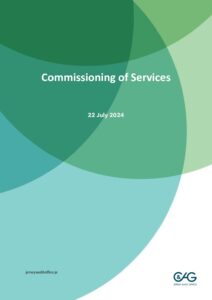
Monday 22 July 2024 - Report
Monday 22 July 2024 - Report
Topics: Contract Management
Departments: All
Sector: All

Report: pdf (428.89 KB)
Download in full ↓The commissioning of public services describes the cycle of assessing the needs of people in an area, designing and then achieving appropriate outcomes within resource limitations. Resources include finances, facilities, capacity, skills and experience. In essence, commissioning is the process by which public services are planned, purchased and monitored.
Public services are services that are organised by the States of Jersey in order to benefit the citizens of Jersey. Such services might be provided directly by the States of Jersey or they might be commissioned from private, other public sector or third-sector organisations. Good commissioning provides value for money by improving the quality of services (for example accessibility, customer experiences and outcomes) and maintaining or reducing the costs involved in providing those services. Successful commissioning means delivering the right outcomes at the right cost.
The States of Jersey rely on commissioning services from external providers where it is not practical, or not possible, to deliver specialist services within the public sector on Island. While there are different models of commissioning, in essence, they comprise five main steps.
This review assessed the extent to which the States of Jersey commission services from external providers that deliver outcomes for Islanders in line with policy objectives.
The review started with an overarching consideration of the State of Jersey’s approach to commissioning, to understand:
It was followed by reviews of how specific services are, or are planned to be, commissioned, against elements of best practice.
The specific services reviewed were those commissioned by the Health and Community Services Department (HCS), the Children, Young People, Education and Skills Department (CYPES), the Justice and Home Affairs Department (JHA), the Customer and Local Services Department (CLS) and the Probation and Aftercare Service.
The Government has put in place a number of good initiatives, based on good practice identified in other jurisdictions, to seek to develop a consistent cross-Government approach to commissioning services. Where commissioning arrangements are in place, they are generally working well and take the needs of individuals and service providers into account. However, not all departments recognise they are commissioning services.
These initiatives need to be developed at greater pace and rolled out across all Government departments, to ensure the needs of Islanders are met through commissioned services delivering the right outcomes at the right cost.

Monday 22 July 2024 - Report

Monday 20 November 2023 - Report
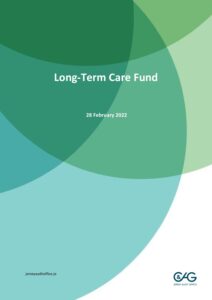
Monday 28 February 2022 - Report
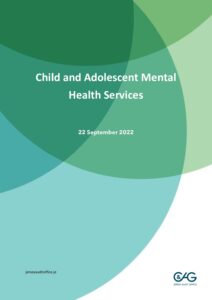
Thursday 22 September 2022 - Report
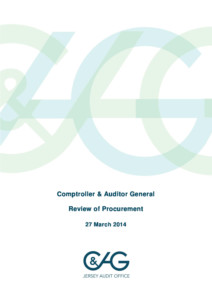
Thursday 27 March 2014 - Report
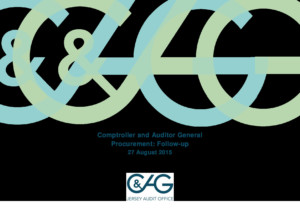
Thursday 27 August 2015 - Follow Up Report

Associate Member of EURORAI - a cooperation project between public sector supervisory bodies in Europe